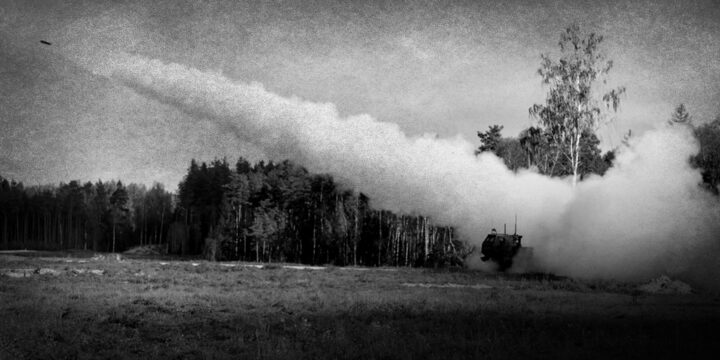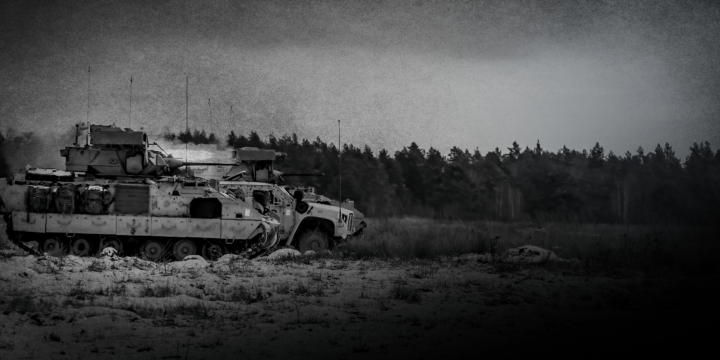February 12, 2025
Close NATO’s open door for good
FOR IMMEDIATE RELEASE:
February 12, 2025
Contact: press@defensepriorities.org
WASHINGTON, DC—Today, Secretary of Defense Pete Hegseth announced that the U.S. does not view Ukrainian membership in NATO as a “realistic outcome of a negotiated settlement.” Defense Priorities Director of Military Analysis Jennifer Kavanagh issued the following statement in response:
“Secretary of Defense Pete Hegseth’s acknowledgement that NATO membership for Ukraine is not a ‘realistic outcome of a negotiated settlement’ is welcome and long overdue. The Biden administration did Kyiv a disservice by giving it false hope that this option remained on the table for so long. Not only would Putin never agree to stop fighting if the cost was Ukraine’s entrance into NATO, but the United States and its European allies have already demonstrated twice that they are unwilling to put their troops on the frontline to defend Ukraine because it is not in their vital interest. This renders any mutual defense commitment to Ukraine, made today or in the future, uncredible.
“Hegseth should have gone further, however, shutting NATO’s ‘open door’ permanently and ending further discussion of NATO expansion to Ukraine or other countries. Although Putin’s invasion of Ukraine had many drivers, NATO’s seemingly inexorable encroachment toward Russia’s borders was likely an important one. Further expansion of the alliance would only worsen tension between Russia and the United States and lay the seeds for additional wars down the line. It would also weaken NATO by adding burdens to its already overstretched military capacity.
“Hegseth was right to rule out sending U.S. troops into Ukraine after the war, either as part of a peacekeeping or deterrent force. Washington would prefer a sovereign Ukraine, but the U.S. stakes are too low to justify such a deployment. However, Hegseth’s push for European countries to offer Ukraine the security guarantees and troop commitments needed to prevent renewed fighting holds significant risks for the United States.
“First, if European soldiers are attacked in Ukraine, even if they are technically outside of Article 5, the United States will face significant pressure to respond, either with military forces or costly military assistance, raising the risk that Washington is chain-ganged into war. Second, at least for the near term, Europe will need U.S. logistics and sustainment support to operate in large numbers inside Ukraine. Third, it is unlikely Putin will permit a large European military force on the new de facto border with Ukraine in the east. This condition could very well scuttle any peace agreement and prolong the war.
“Hegseth’s statements took important steps away from Biden’s ineffective Ukraine policy, putting U.S. interests, not Ukraine’s, first. But the best way to protect the United States would be to push Ukraine toward armed neutrality, keeping both U.S. and European forces outside of Ukraine’s borders and instead offering Ukraine support to build its own credible and self-sufficient deterrent.”
Read more from Jennifer Kavanagh: A decision framework for Ukraine military aid.
Author

Jennifer
Kavanagh
Senior Fellow & Director of Military Analysis


